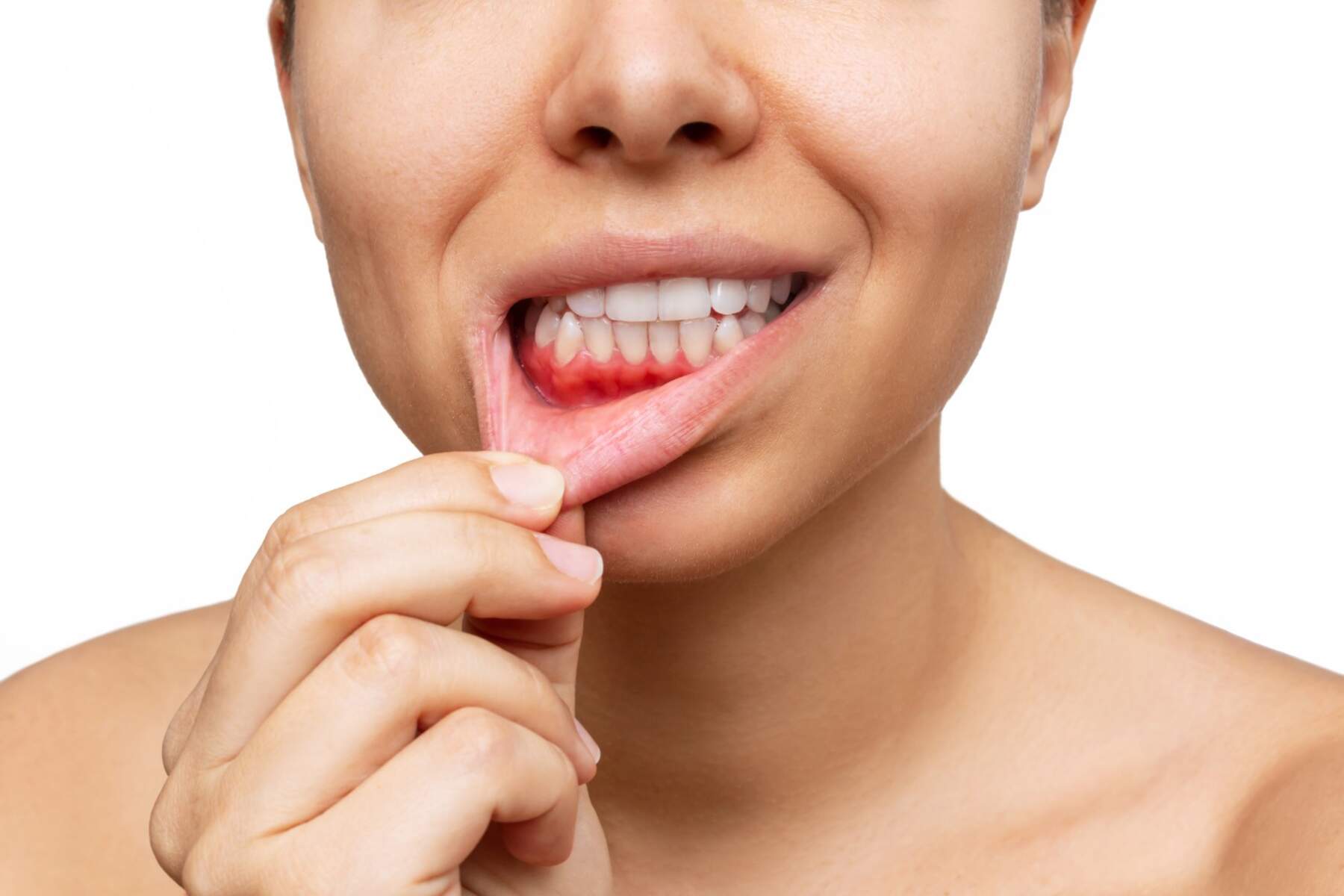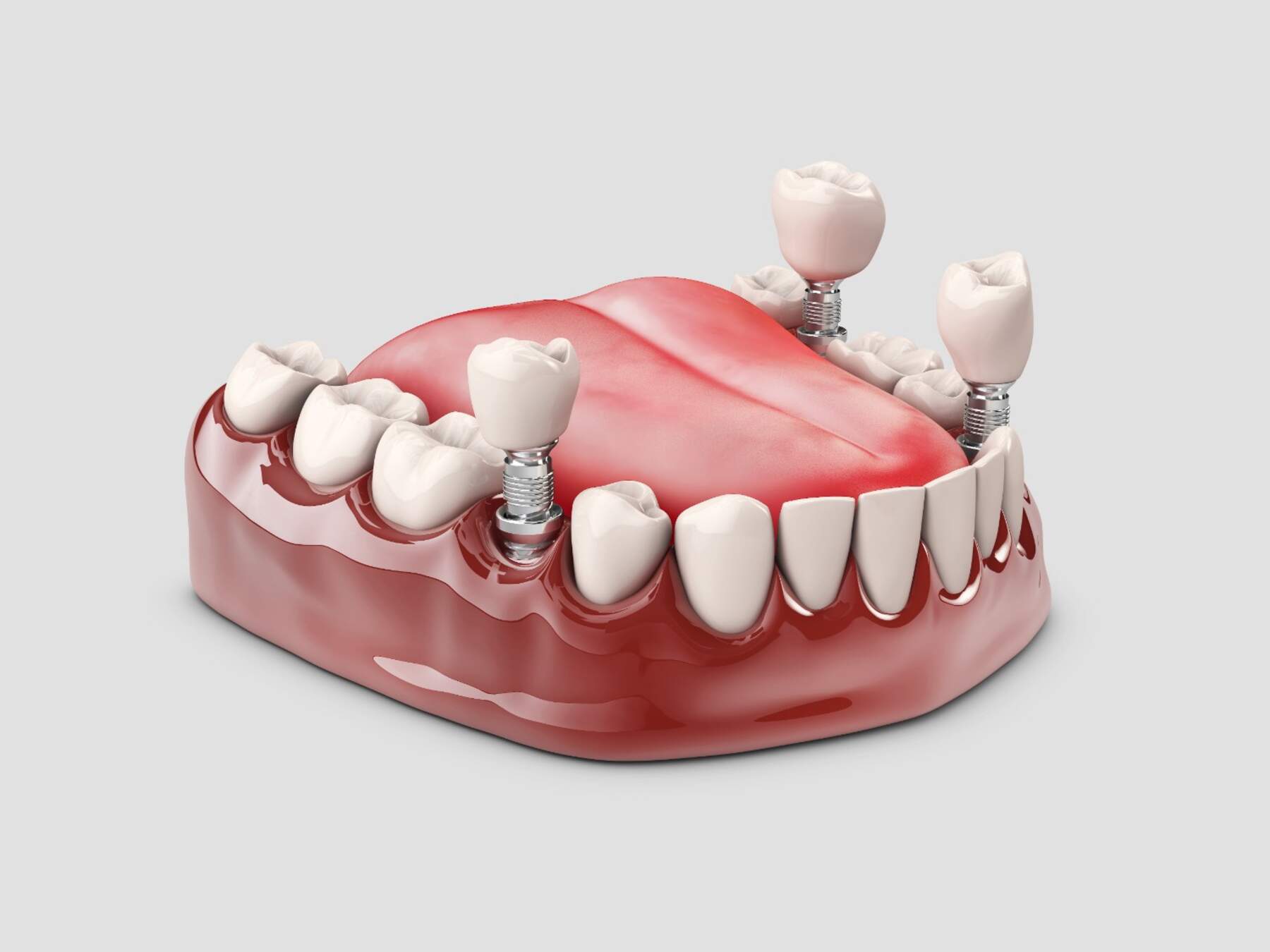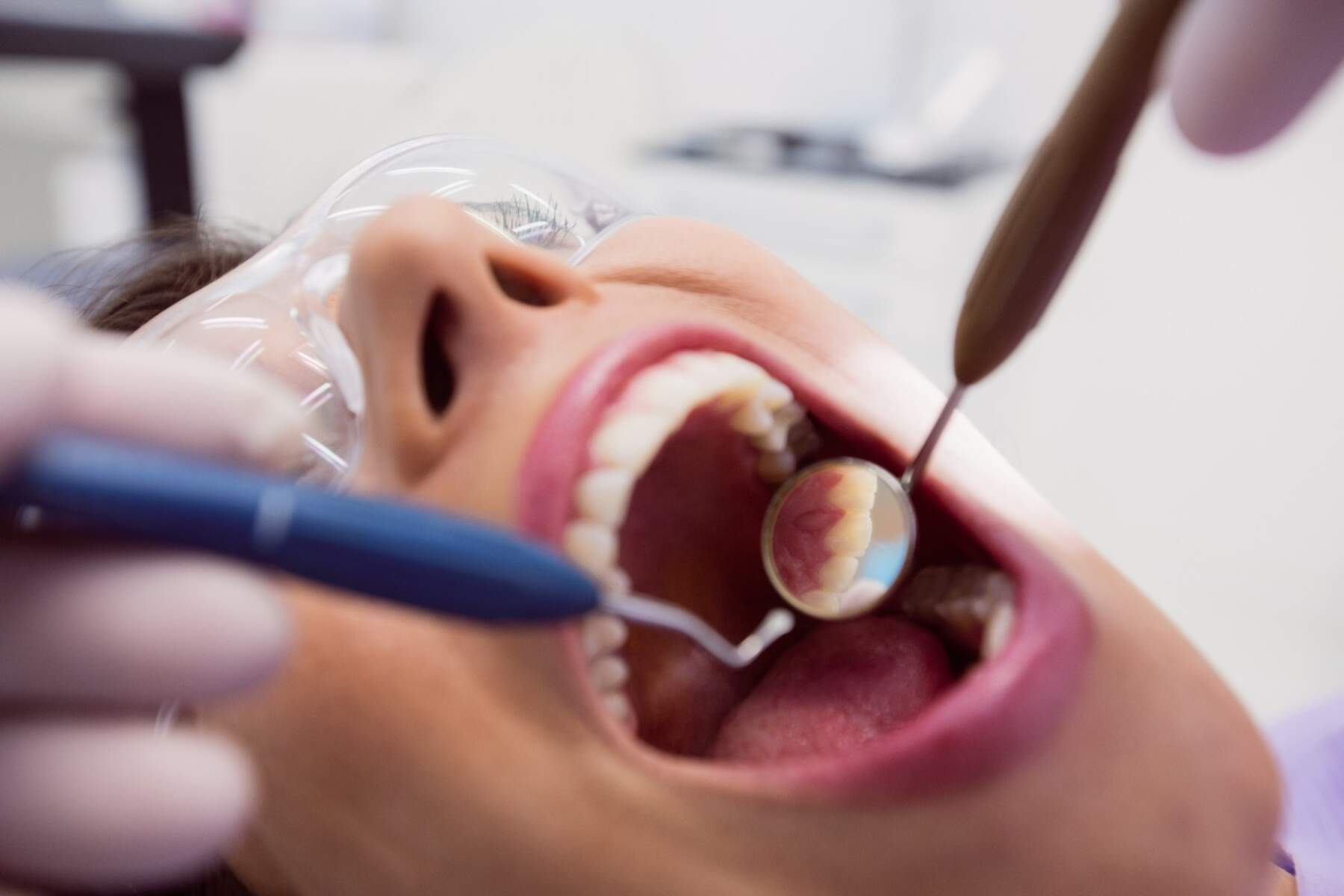Bad breath impacts approximately 25 percent of people. There are multiple causes behind halitosis, but a huge majority of them are related to oral hygiene. Otherwise known as fetor oris or halitosis, it can lead to important embarrassment, worry, and anxiety, but it is quite simple to treat. This article will discuss the probable causes of bad breath, its diagnosis, and its treatment.

What is halitosis?
Halitosis is a usual issue that can lead to important psychological distress. There exist different causes and treatments. Anyone can be a victim of bad breath. Statistics show that 11 in 4 people experience bad breath on a regular basis.
Following gum disease and tooth decay, bad breath is the third most widespread reason why people look for dental care. The issue can oftentimes be removed with the use of easy lifestyle alterations and home remedies, including quitting smoking and improving dental hygiene. If the bad breath still pertains, nevertheless, the recommendation would be to visit a doctor to assess the underlying causes.
Treatment
The best technique or way of avoiding or reducing halitosis is good oral hygiene. This makes sure that cavities are dodged and diminishes the chances of gum disease. The rule of thumb is for individuals to visit the dentist for follow-up visits and cleaning at least two times per year. The dentist’s advice might be to use toothpaste that involves an antibacterial agent or an antibacterial mouthwash. By way of alternative, if gum disease is existent, professional cleaning may be required for clearing out the build-up of bacteria in pockets between the teeth and gums.
Causes
Some possible causes of bad breath might be:

Tobacco
Any tobacco product has a specific type of mouth odor. Furthermore, they can raise the risks of gum disease which can also be the reason for bad breath.
Food
The partitioning of food particles getting stuck in the teeth can lead to odors. Certain foods including onions and garlic can also lead to bad breath. Once they are digested, their partitioning products are transferred into the blood and lungs where they can impact the breath.
Dry mouth
The natural function of saliva is to clean the mouth. When the mouth is naturally dry or it is drying up it is induced because of a specific disease, such as xerostomia, and odors can occur.

Dental hygiene
The employment of flossing and brushing can make sure that all the small particles of food that build up and are slowly broken down that produce odors are removed. Plaque, a sticky film of bacteria, builds up if brushing is not continuous and regular. This plaque can cause irritation to the gums and inflammation between the teeth and gums known as periodontitis. Additionally, dentures that are not cleaned up appropriately or regularly can also harbor bacteria that cause bad breath.
Crash diets
Fasting and low-carbohydrate eating programs are quite trending lately. But what you should bear in mind is that they can generate halitosis. This is because of the breakdown of the fats-producing chemicals, namely ketones. Ketones have a very strong odor.
Drugs
Several medications can diminish saliva, consequently, increasing odors. Other medications can produce odors themselves once they break down and release chemicals in the breath. Instances involve nitrates used for the angina treatment, some tranquilizers, including phenothiazines, and some chemotherapy chemicals. People who consume vitamin supplements in huge doses are also vulnerable to halitosis.

Mouth, nose, and throat conditions
Often, little, bacteria-covered stones can be created in the tonsils, at the very back of the throat and generate odor. Moreover, inflammation or infections in the throat, mouth, and sinuses, can be the reason for bad breath.
Foreign body
This is particularly noticeable in children. Halitosis can be the result of individuals having foreign bodies lodged in the nasal cavity.
Diseases
Certain metabolic diseases such as cancers or liver failure can be the reason for bad breath because they produce some specific mixes of chemicals. For instance, GERD or gastroesophageal reflux disease can cause halitosis because of the continuous reflux of stomach acids.

Diagnosis
Oftentimes, a dentist will easily smell the breath of an individual with suspected bad breath and rate the odor using a six-point intensity scale. Scraping of the back of the tongue might be done by the dentist and he or she might smell the scrapings seeing as this region can sometimes be the source of the aroma. There is a diversity of refined sensors that can aid in rating odor more correctly.
They include the following:
- Halimeter: A detector for low levels of sulfur.
- Gas chromatography: A measurement test for three volatile sulfur compounds: Methyl mercaptan, hydrogen sulfide, and dimethyl sulfide.
- BANA test: A test to measure the levels of a specific enzyme generated by halitosis-causing bacteria.
- Beta-galactosidase test: A test that measures the levels of the enzyme beta-galactosidase, which has been discovered to be linked with mouth odor.
Next, the dentist will be capable of identifying the likely cause of halitosis.
Six reasons your breath might smell
Though bad breath can commonly be just an irritating side effect of the day’s breakfast, breath that smells pretty bad, namely like poop, can be an indication of a serious underlying condition:
There exist numerous possible causes of a feces-like odor on the breath, including such as a bowel obstruction or an abscessed tooth.
Below we will offer you a thoroughly informed description of the six most usual causes. We will also discuss when it’s time to visit a doctor:

Poor oral hygiene
Food that has a strong smell is not always the reason behind bad breath. Poor oral hygiene, on the other hand, can lead to extremely bad breath, even breath that smells like feces.
Some key elements that can be a contributor to inadequate oral hygiene include:
- Rare cleaning
- Chronic dry mouth
- Irritation or inflammation of the nose, throat, or mouth
- Medications that can lead to dry mouth
- Infections of the mouth
- Smoking or chewing tobacco
In the event that an individual has greatly improved their oral hygiene and used over-the-counter treatments, yet, the bad breath persists, it is time to see a doctor.

Sinus infection
The sinuses are passages filled with air in the face. When the fluid gets cornered in the sinuses, bacteria can assemble, leading to infection.
The bacteria and excess mucus’ existence in the sinuses can be the reason for breathing smelling like poop.
Extra signs of a sinus infection include:
- Post-nasal drainage
- An inadequate sense of smell
- Cough that brings up mucus
- Facial pain and pressure
- Fatigue
- Fever
- Runny nose
Taking into account that viruses can lead to sinus infections, antibiotics are not generally prescribed except for when the doctor is doubtful of a bacterial infection. The signs however will end up resolving within a few days with fluids and rest. Individuals experiencing chronic sinus infections should have a discussion with a doctor to establish the cause of the condition.

Gastroesophageal reflux disease
Gastroesophageal reflux disease (GERD) is diagnosed by the doctor whenever an individual experiences acid reflux from time to time. This includes the backup of stomach acid into the food pipe or esophagus.
When the stomach acid mixes with food and bacteria, GERD can lead to bad breath.
Some more signs of GERD involve:
- Heartburn, or simply put: a burning sensation in the chest or throat
- Difficulty while swallowing
- Dental decay
- Nausea
- Problems while breathing
- Throwing up
GERD is a chronic condition that can cause issues with the stomach, teeth, and breathing. Any individual who goes through frequent acid reflux should look for medical care.
Abscessed tooth
An abscessed tooth is among the most severe dental infections and it happens whenever the pulp inside the tooth starts decaying. This may result in a bacterial infection, which itself can lead to swelling, pain, discomfort, and breath that smells like poop because of pus buildup.
While an abscessed tooth may not have visible symptoms till the infection reaches a level of advancement, an individual should go to the dentist for checkup visits, even when there are no symptoms.
For the treatment of an abscessed tooth, the dentist’s recommendation might be to undergo an endodontic surgery, a root canal, or a tooth extraction (the procedure during which the tooth is removed).

Prolonged vomiting
Any individual who has been throwing up for a longer period of time than 24 hours, may notice their breath smelling sour and feces-like. The odor is oftentimes the result of a combination of:
- Dry mouth
- The acidic components of the stomach, which pass through the mouth
- The bacteria or virus leading to the vomiting
Throwing up/ puking/ vomiting is one approach to getting rid of toxins. Yet, there is a restricted amount of how much vomiting is healthy. If an individual is unable to keep down any beverage or food or has been continuously throwing up for more than 48 hours, they should immediately go to the doctor for emergency medical treatment. In order to prevent or treat dehydration there might be needed intravenous fluids.
Bowel obstruction
A bowel obstruction goes underway whenever the intestines (be it the small or large ones) are blocked and are unable to move digested food through the body.
When the intestine gets blocked, the stool backs up, resulting in a breath that smells like poop. In the most severe cases, an individual might even puke feces.
Poor intestinal motility, scarring from a surgery, or even a tumor, can all be the cause of bowel obstructions. In some other instances, an obstruction may come as a result of the intestinal wall issues, caused by Crohn’s disease. Another problem that leads to blocked intestines might be swallowed objects.
Adding into the foul-smelling breath, an individual with a bowel obstruction might go through:
- Abdominal pain
- Abdominal bloating
- Inability to pass gas
- Nausea
- Rapid heart rate
- Vomiting
Bowel obstructions shouldn’t be taken lightly considering they can often be life-threatening. Any person who is doubtful of having an obstruction should look for emergent medical care.
Once a physical exam is performed, a doctor will most likely advise imaging, such as a scan (CT), in order to create a better idea and have a better look at the bowels and establish the reason behind the obstruction.
Often, there might be an insertion of a tube through the nose into the digestive tract to help in removing excess gas from the stomach and intestines. Such action can alleviate signs and may diminish and reduce the necessity for intervention.
Yet, more severe bowel obstructions, such as those that come as a result of surgical scarring, may need surgery for obstruction removal. A medical practitioner might additionally have to remove a part of the bowel.

Summary
Bad breath is a very common complaint and there are many reasons leading to it. In most instances, it happens because of the presence of way too many damaging bacteria in the mouth.
There exists a wide range of natural home remedies that individuals can put to use to soothe bad breath. Most of these remedies have a scientific backup to them, even though some need much more investigation. Persistent bad breath or halitosis might often be an indication of tooth decay or gum disease. Individuals should visit a dental practitioner whenever they sense as if these conditions are the reason behind halitosis.
More unusually, bad breath can be an indicator of a more severe underlying health condition. Individuals who have concerns regarding the cause of their bad breath should see a doctor as soon as possible.




